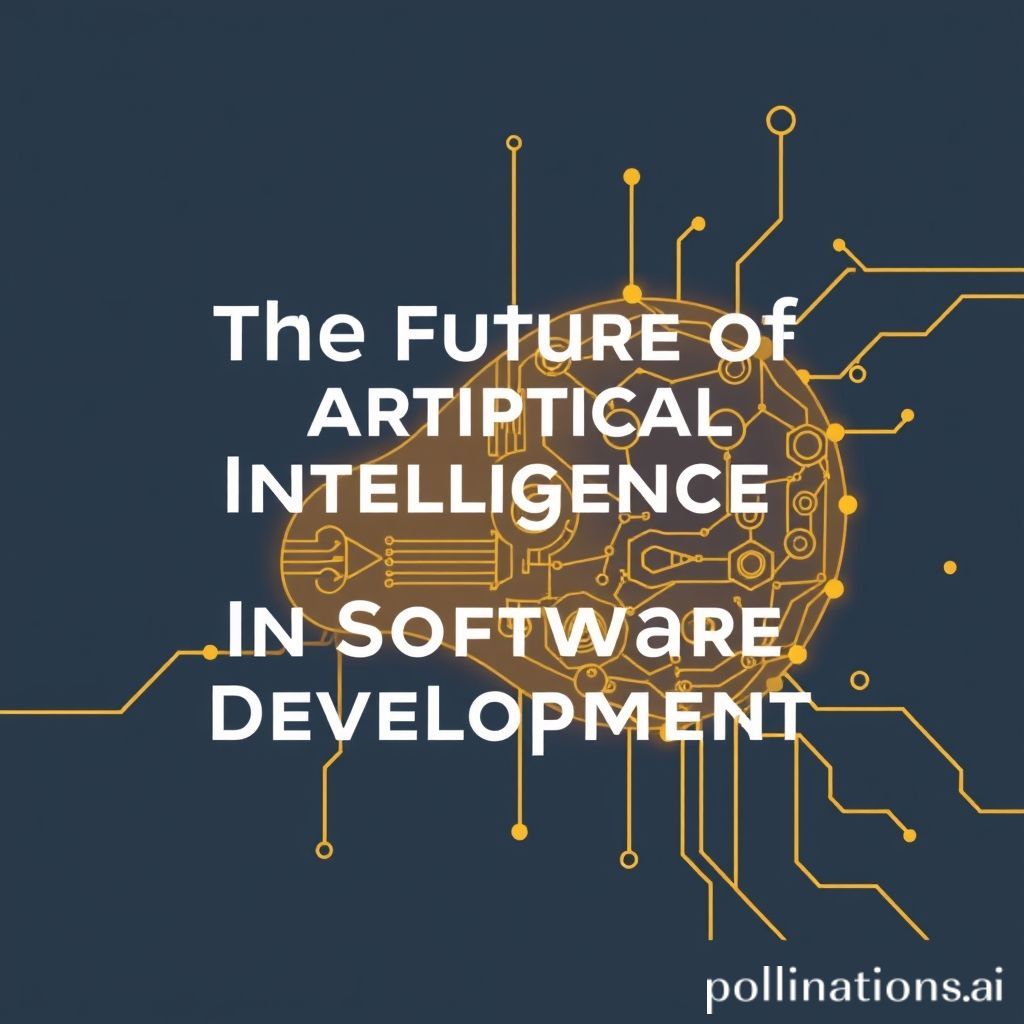
The Future of Artificial Intelligence in Software Development
As technology continues to evolve at an unprecedented pace, artificial intelligence (AI) has emerged as a transformative force in software development. By harnessing the power of machine learning, natural language processing, and automation, AI is set to redefine the way developers create, test, and maintain software applications. This article explores the future of AI in software development and its potential implications for the industry.
Enhanced Coding Efficiency
One of the most significant advantages of AI in software development is its ability to enhance coding efficiency. AI-powered tools can analyze code in real-time, providing suggestions and automating repetitive tasks. These advancements result in:
- Faster Development Cycles: AI can streamline the coding process by auto-generating boilerplate code or suggesting code snippets, significantly reducing development time.
- Error Reduction: By identifying potential bugs and vulnerabilities, AI tools can minimize the likelihood of errors in the code, leading to more reliable software.
- Improved Code Quality: AI can assist in maintaining coding standards, offering real-time feedback and enforcing best practices.
Smarter Testing and Quality Assurance
As software becomes increasingly complex, the need for thorough testing has never been more critical. AI is revolutionizing quality assurance through:
- Automated Testing: AI can automate various testing processes, such as regression testing and load testing, enabling teams to focus on more complex testing scenarios.
- Predictive Analysis: By analyzing historical data, AI can predict potential failure points and suggest preventive measures, increasing the stability of applications.
- Intelligent Bug Detection: Using machine learning algorithms, AI can detect anomalies and bugs that traditional testing methods might miss, ensuring a higher standard of software quality.
AI-Driven DevOps Integration
DevOps is the practice of combining software development and IT operations, and AI is poised to enhance this integration significantly. The future will see:
- Continuous Monitoring: AI systems can monitor applications in real-time, providing insights into performance and user behavior, enabling rapid responses to issues.
- Enhanced Collaboration: AI-enhanced tools can facilitate better communication among team members, breaking down silos and improving project management.
- Resource Optimization: AI can analyze data to optimize resource allocation, ensuring that development teams work more efficiently.
The Rise of Low-Code and No-Code Platforms
Low-code and no-code development platforms, empowered by AI, allow users with little or no coding experience to build applications. The future will likely include:
- Broader Accessibility: By enabling non-developers to create applications, businesses can leverage the skills of a more diverse workforce.
- Rapid Prototyping: AI can facilitate quick iterations and prototypes, enabling organizations to test concepts faster and more effectively.
- Integration of Advanced Features: AI can help these platforms incorporate sophisticated features like machine learning and data analytics with minimal effort.
Conclusion
The future of artificial intelligence in software development holds immense potential for improving efficiency, quality, and accessibility. As AI technology continues to advance, it will undoubtedly play a crucial role in shaping the next generation of software solutions.
